The long-awaited premiere of Ruben Östlund‘s Triangle of Sadness, following The Square, nominated for an Oscar and winner of the Palme d’Or at Cannes 2017 —his second prize at the festival after winning with Force Majeure (2014) in the Un Certain Regard section— continues to confirm that his aim is to take the piss out of those who think they are morally superior to those they criticise or flatter. For Östlund, social classes or positions of power of any kind are only circumstantial tests and ephemeral stages that reposition us in the pyramid of privilege, according to our economic capacity or our power of influence. Demonstrating the fragility of that position on the hierarchy, the fickleness of the market and the different currencies (money, beauty, power) that can come into play, as well as the weakness of the principles that support it is a task that informs the director’s filmography and which the three parts of Triangle of Sadness (the first of his films to be shot in English): “Yaya & Carl”, “The Yacht” and “The Island” show with varying degrees of success.
British actor, writer and director Harris Dickinson plays model Carl, who, along with his girlfriend, influencer Yaya (Charlbi Dean), takes part in an exclusive cruise accompanied by billionaires, to which they have been invited. The first episode of the film, and especially its prologue-like opening, is the most stylised and focuses the satire on the modelling business, alluding to that “triangle of sadness” that only botox can remove from between the eyebrows. A disagreement when it comes to paying the bill at the restaurant will lead to a discussion that opens the focus on the traditional roles of the couple and their assumption or ignorance according to convenience; once again, the blurred limits of the roles we play, as we really feel them or as they have been established within the correctness —the central theme of Force Majeure— are shown.
However, it is in the second part, “The Yacht”, that Östlund overdoes it when it comes to portraying the privileged. Subtlety is not his strong suit, but in the microcosm formed by the crew – at the expense of the passengers’ whims and tips – the super-rich, the handsome couple and, as a counterpoint, the yacht’s Marxist captain (Woody Harrelson), there is a succession of scenes of domination-humiliation-rebellion-contradiction, which only illustrate the first premise, deepening its thesis.
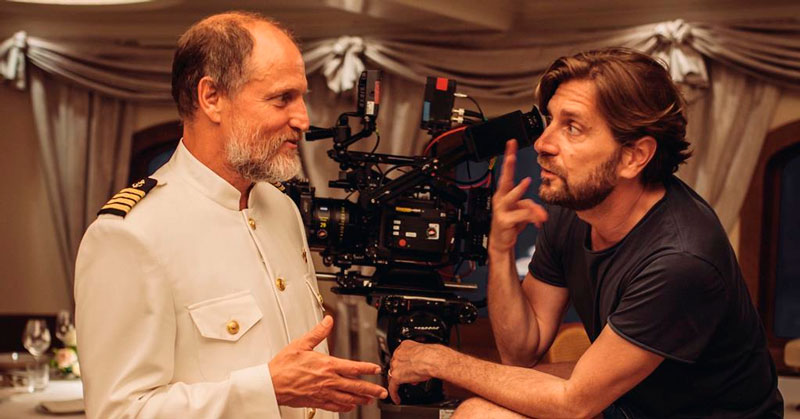
Woody Harrelson and Ruben Östlund, during the shooting of Triangle of Sadness.
The elderly British couple who made their fortune in landmines —a business they refer to as “precision engineering that maintains democracy in the world”—, the Russian who got rich, as he literally claims, “with shit”, monopolising the fertiliser market and has his nutella flown in by helicopter, and the rest of the passengers are despised by the alcoholic captain, who only when a storm plunges the passengers into an eschatological apocalypse —which is also extenuating for the spectator due to its excessive prolongation— will have fun in a battle of quotations and drinks, in a verbal duel between Marxism and capitalism. The excrementitious metaphor reaches hyperbolic heights to the delight of the audience’s desire for revenge, the coarseness reaches its climax in a series of sketches that culminate in that of the watered waterer, or where they give as good as they get, ending with a selection of the passengers – in which the captain is not included – shipwrecked on an island.
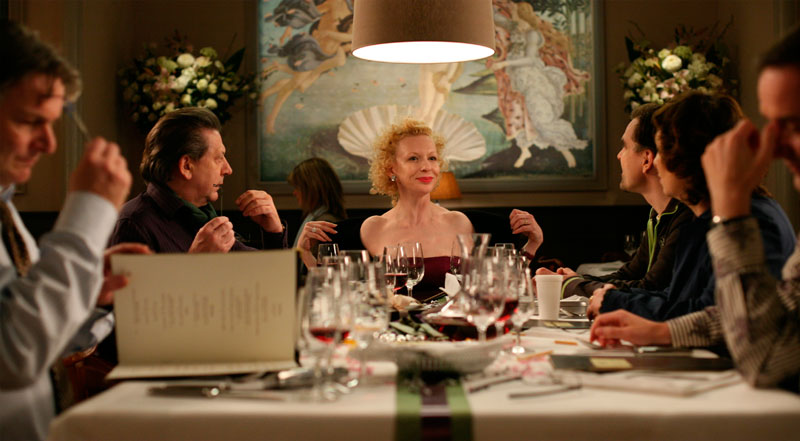
The third part, the coexistence of the survivors, will create an unprecedented status quo in which, predictably, roles are redistributed in a new order, after the fleeting illusion of egalitarianism that creates the dispossession of all external signs of wealth or belonging to a class, demonstrating the thesis that it is not money, beauty or power that makes us tyrants, but our own nature, which leads us to become rich or to possess, given the chance. It is not what we have, but what we are, that makes us use the instruments at our disposal to subjugate others and elevate our position. This episode, probably the one with the greatest potential, offers us some good ideas, but on the whole we are left with the feeling that its possibilities are wasted.
Östlund is accustomed to shocking us with his contrasts, using images and narrative devices that force us to acquire a new perspective on common and accepted facts, which in their dissection reveal the absurd or contradictory. And in this sense, what the director offers us in Triangle of Sadness is, with a few exceptions, unenlightening. Too much salt and not enough pepper for an edible stew made from a traditional recipe. Between Buñuel and Monty Python, Ruben Östlund lacks punch.

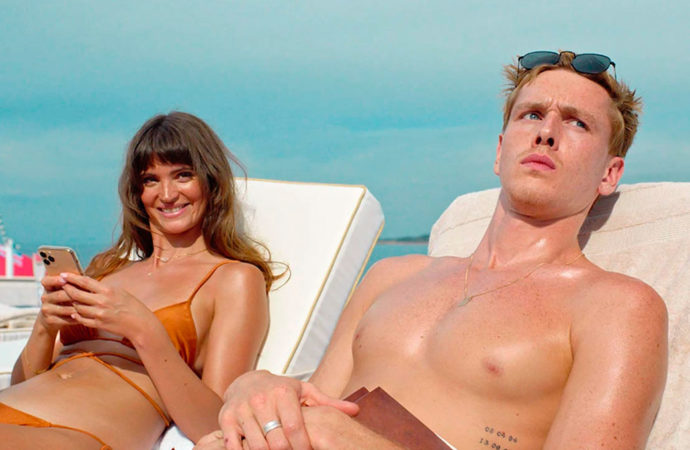

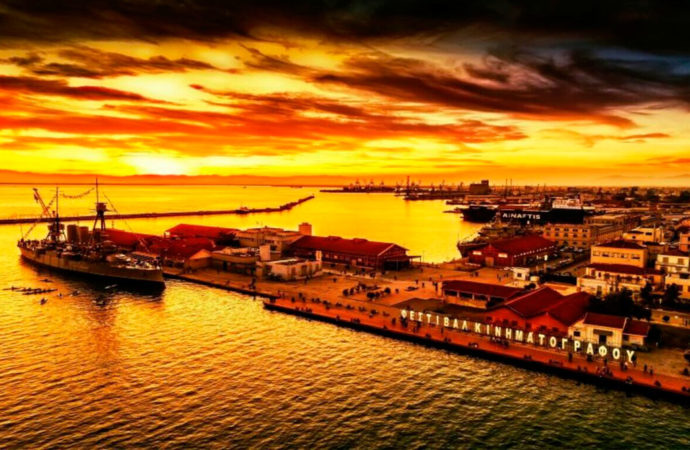
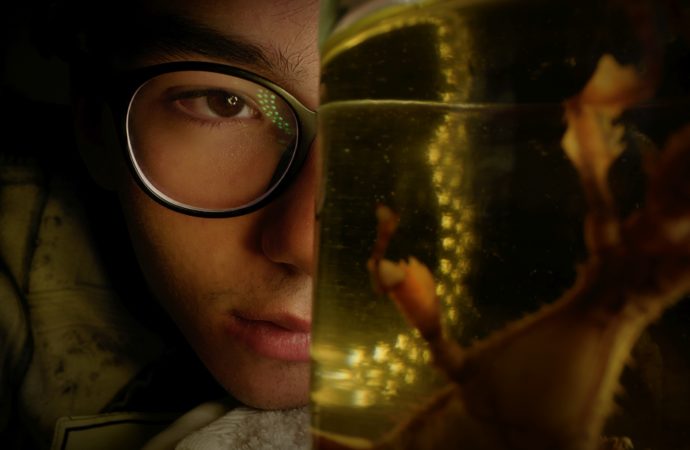

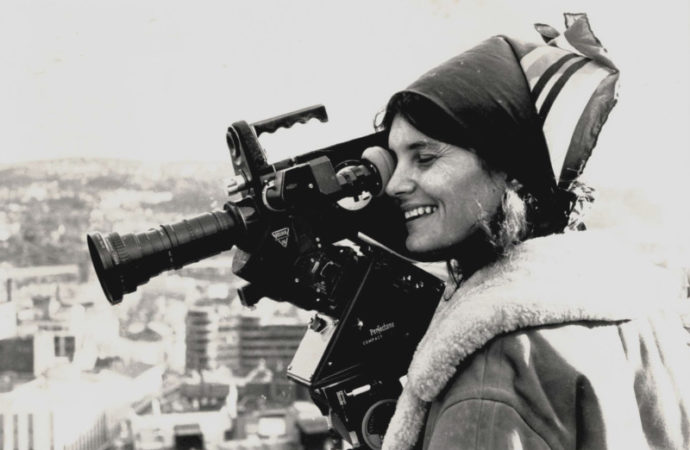
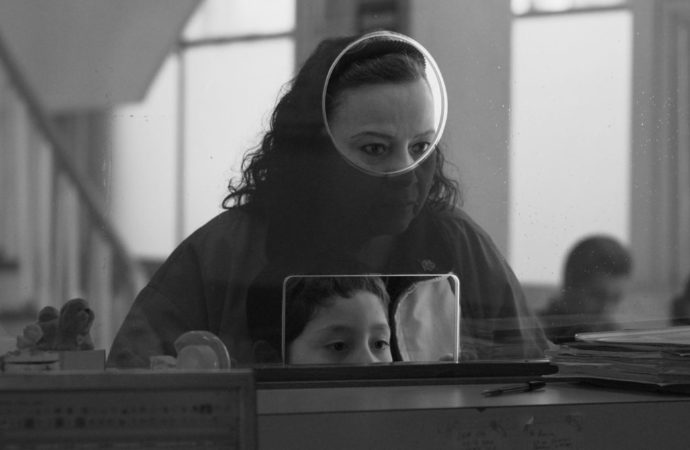
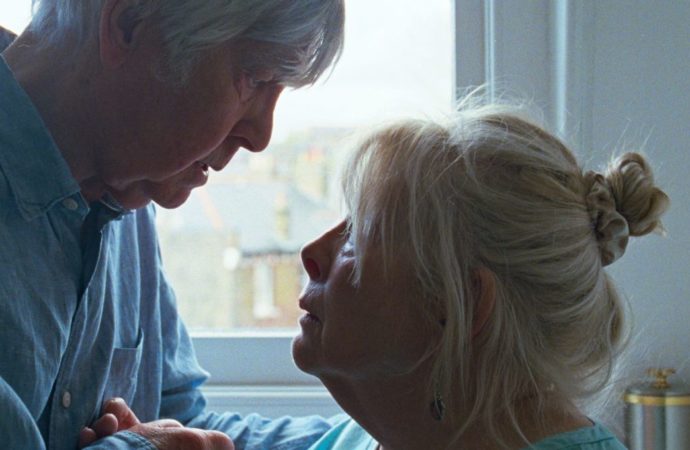
No one has posted any comments yet. Be the first person!